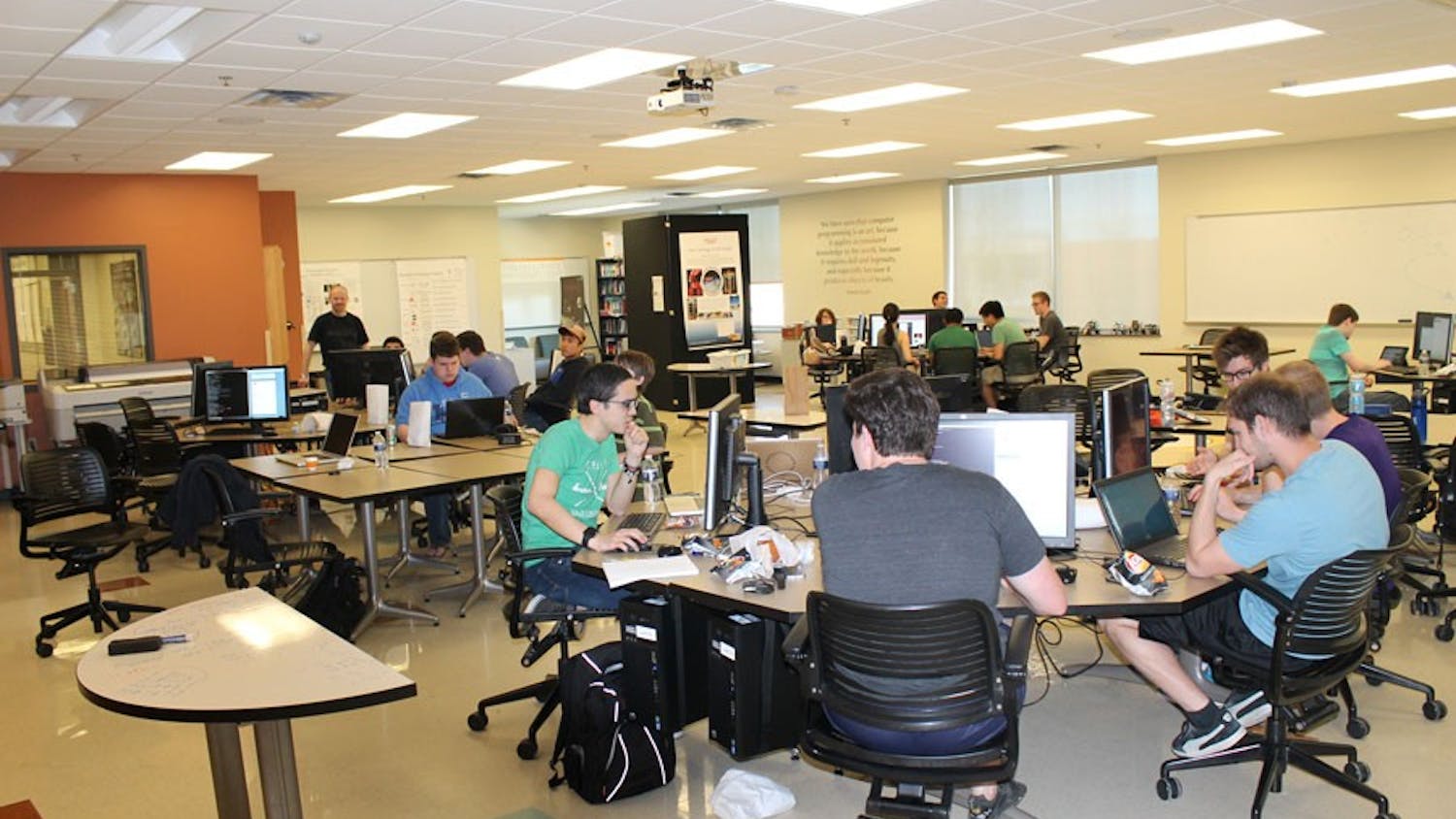By David Adams, S & T Editor
The presidential election of 2004 was known as the Internet election, and election 2008 was called the social media election because the candidates relied on Facebook, Twitter and other social networks for the first time.
This year, the presidential race has become known as the "mobile election."
President Obama and Governor Romney's campaigns "are sophisticated online campaigns that consider mobile an essential element of what they are doing," said Kate Kaye, author of "Campaign '08: A Turning Point for Digital Media," to CNN.
Kaye noted that Obama made headlines in 2008 when he announced his selection of Joe Biden as his running made, adding, "The last time around it was much more of a - well, 'novelty' might not be the right word. They were much more in an experimental mode."
But in 2012, mobile campaigning has become an accepted norm. Both Obama and Romney have used mobile devices extensively.
American Public Media's Marketplace Campaign Trail project reported the candidates were using smartphones to increase the effectiveness of canvassing efforts. Elections have long featured door-to-door electioneering, but in this election, canvassers have used apps like FourSquare to keep track of where they have already been so that other canvassers do not cover the same territory.
Campaign workers can even report on the result of visiting each home - whether the voter seemed receptive to their campaign's message - as a means of gauging the candidates' popularity in particular geographic areas.
The campaigns use text messaging to organize their supporters and send messages about more sensitive issues only to certain groups of voters, in what political scientists call "dog whistle" politics.
"What they're doing there is trying to reach persuadable voters with micro targeting of very specific personalized messages," said Duke political science professor D. Sunshine Hillygus to American Public Media.
Mobile donations to the campaigns through text messaging are growing, though this remains the least popular method of giving money. Only 10 percent of voters who have donated during this election season used text messaging, according to the Pew Internet and American Life project.
Obama and Romney rely on voters' use of smartphones, apps and messaging to give them more information about various demographics so they can fine tune their message for particular voters, Politico reported. Both campaigns keep track of social media trends and harvest information from what voters say on Facebook and Twitter.
The candidates advertise through services like Pandora Internet Radio, the dominant mobile radio service, because it can target ads to specific ZIP codes and genders, among other demographic groups, based on user registration information Pandora already has.
Although some consider mobile campaigning intrusive, its effectiveness has been proven, according to American Public Media.
"The experiments that have been done have found that text messaging individuals on election day is actually quite effective in bringing them to the polls," Hillygus said.
The growth of smartphone and tablet usage only increases the importance of mobile campaigning for the candidates. Four years ago, only 10 percent of Americans had smartphones, Nielsen reported at the time. Now nearly 55 percent of cellphone owners - about 43 percent of all Americans - use smart devices over traditional cellphones.
Another example of mobile prevalence is the iPad, which did not exist when Obama was elected four years ago. In the two-and-a-half years since their release, Apple has sold 100 million of the devices and expects to sell 100 million more next year, according to tech news site ZD Net.
Pew's Internet project states that 60 percent of American adults have used social media to interact with candidates or share political views, and 45 percent have used smartphone apps to find political information in this election.
This represents a level of engagement that future candidates cannot easily ignore. There is already discussion of what the next election could look like. One Republican political consultant sees "individually targeted television ads" as the next step in campaign tech, Politico reported.
But considering that politics and technology are equally unpredictable, details of the next presidential race will remain a mystery - at least until campaigning for election 2016 begins.




